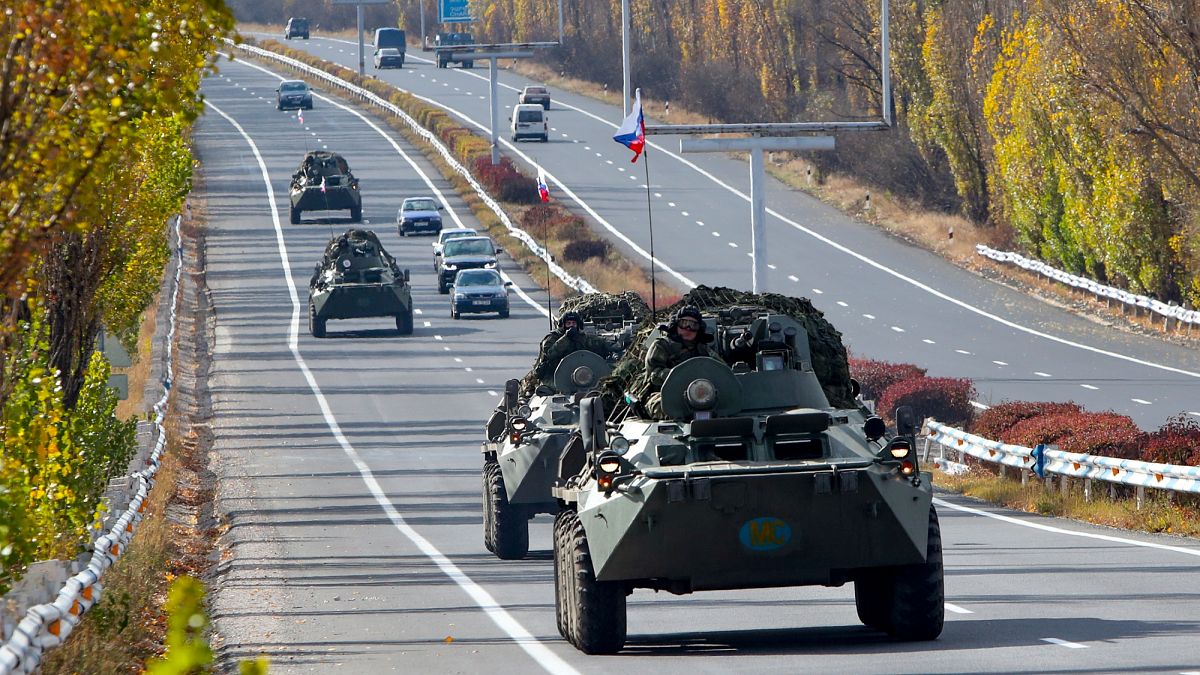

As we navigate through an ever-evolving global landscape, significant developments have emerged that affect regions spanning from Eastern Europe to the Middle East. These unfolding events provide an insight into the complex web of geopolitical challenges and humanitarian concerns facing the world today.
First, attention turns to the increased military presence of Russia in Armenia. Recently, Ukraine’s military intelligence claimed that Russia has ordered an augmentation of its forces at its largest base in Armenia, positioned near the border with Türkiye. While Yerevan has denied these claims, the situation continues to evolve. The strategic location near key geopolitical areas demands attention, and any changes to the military balance can have wide-reaching implications. Calm, careful monitoring and further clarification from involved parties are anticipated to address regional and international concerns.
Shifting focus to the Middle East, a tragedy unfolded in a cave operation in Iraq, resulting in the loss of twelve Turkish soldiers. The soldiers were on a recovery mission when exposed to lethal methane gas. This somber incident underscores the inherent risks military personnel face, especially in challenging terrains and situations. It highlights the importance of safety measures and support for those engaged in such hazardous duties. As families and communities mourn this loss, the event serves as a poignant reminder of the bravery and sacrifices made by service members in carrying out their duties.
Meanwhile, maritime security in the Red Sea is under threat as recent attacks on cargo ships have been reported. Iranian-backed Houthi forces claimed responsibility for a drone strike on the Greek-operated vessel Eternity C, leaving two crew members missing and causing injuries. Earlier, another attack allegedly resulted in the sinking of a ship named MV Magic Seas. The Red Sea is a crucial commercial shipping lane, and disruptions here have global economic implications. International efforts are underway to enhance security and safeguard maritime routes, emphasizing cooperation and solidarity among nations to counter such threats.
In Gaza, a proposed plan by Israel has attracted significant international attention and concern. It involves the transfer of the Gaza population to a site on the ruins of Rafah, termed as a ‘humanitarian city’. However, experts, including legal and humanitarian scholars, have expressed apprehension, labeling it as a potential blueprint for crimes against humanity. As discussions continue, it’s important that all voices are considered, and human rights remain at the forefront of any proposed solutions to the ongoing Israeli-Palestinian conflict. Thoughtful engagement and dialogue are essential to ensure peace and stability in the region.
Globally, these events remind us of the intricate and interconnected challenges we face. From military strategies to humanitarian efforts, each development holds the potential to shape international relations and regional dynamics. Going forward, mutual understanding and collaboration will be key in addressing the multifaceted issues that arise. As a collective global community, navigating these complex realities requires a concerted effort to foster peace, security, and justice for all.
Source: {link}
